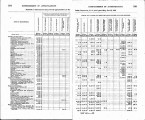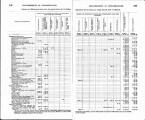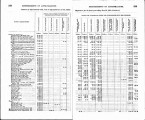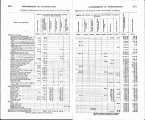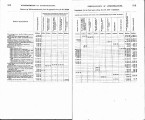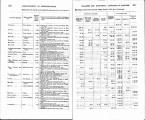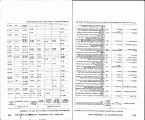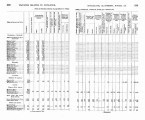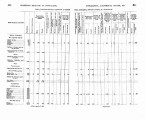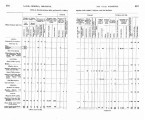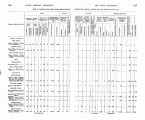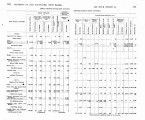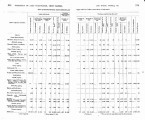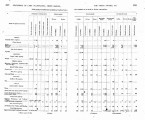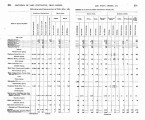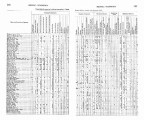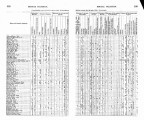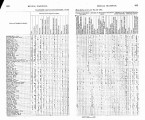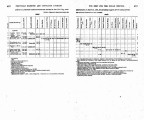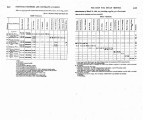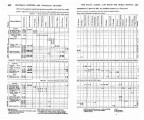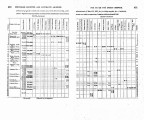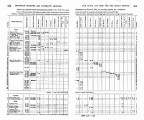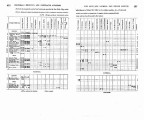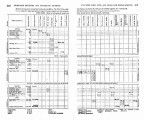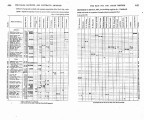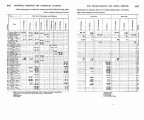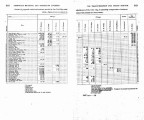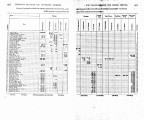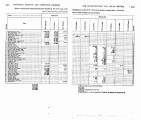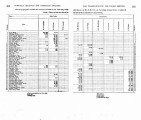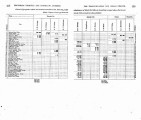| Title |
Annual Report of the Commissioner of Indian Affairs - 1885 |
| Subject |
Indian reservations; Federal government; Indians of North America; Maps; Land use; Allotment of land; Annuities; Indians of North America--Education; Agriculture; Livestock; Employment (Economic theory); Work; Trade; Religion; Treaties; White people--Relations with Indians; Timber; Hunting; Crime; Water rights; Irrigation; Health; Education; Food; Railroads; Missionaries; Indigenous peoples--North America |
| Keywords |
Annual Report; Indian Agency; Reservations; Land Rights; Allotment; Tribal Funds; Trade; Indian; White Relations; Inter-tribal Relations; Gathering; Native Americans |
| Publisher |
Digitized by J. Willard Marriott Library, University of Utah |
| Tribe |
Ute |
| Band |
Uintah |
| Language |
eng |
| Description |
Excerpts concerning Utah from the Annual Report of the Commissioner of Indian Affairs - Courtesy of the University of Wisconsin Digital Collections. Commissioner of Indian Affairs John D.C. Atkins provides descriptions about the amount of land being cultivated by Indians and what he perceives to be subsequent cultural improvements, the particulars of the policy of allotment distribution, the qualifications for being granted U.S. citizenship, the establishment and maintenance of Indian schools, flaws in the system of jurisdiction, the official borders of each reservation, and economic conditions on various reservations. Commissioner Atkins also lists Stanley Stokes as the teacher presiding over the Ouray School and outlines cultivation efforts at the Uintah Valley School. J.F. Gardner and Elisha W. Davis provide reports regarding Utah Indians. Gardner reports that cultivation decreased since the previous year, claims success in raising stock, and describes the "experiment" of opening the Ouray School. Davis provides demographic data pertaining to the Uintah Agency and describes inter-tribal relations, the outcome of farming efforts, the consumption of alcohol on the reservation, and the construction of an irrigation ditch |
| Type |
Text |
| Coverage |
Uintah and Ouray Indian Reservation (Utah); Utah; Washington (D.C.) |
| Format |
application/pdf |
| Rights |
Digital Image © 2011 America West Center. All Rights Reserved |
| ARK |
ark:/87278/s6545j8j |
| Creator |
Atkins, John D. C. (John Dewitt Clinton), 1825-1908 |
| Date |
1885 |
| Spatial Coverage |
Uintah and Ouray Indian Reservation (Utah); Utah; Washington (D.C.) |
| Setname |
uaida_main |
| ID |
370522 |
| Reference URL |
https://collections.lib.utah.edu/ark:/87278/s6545j8j |














































































































